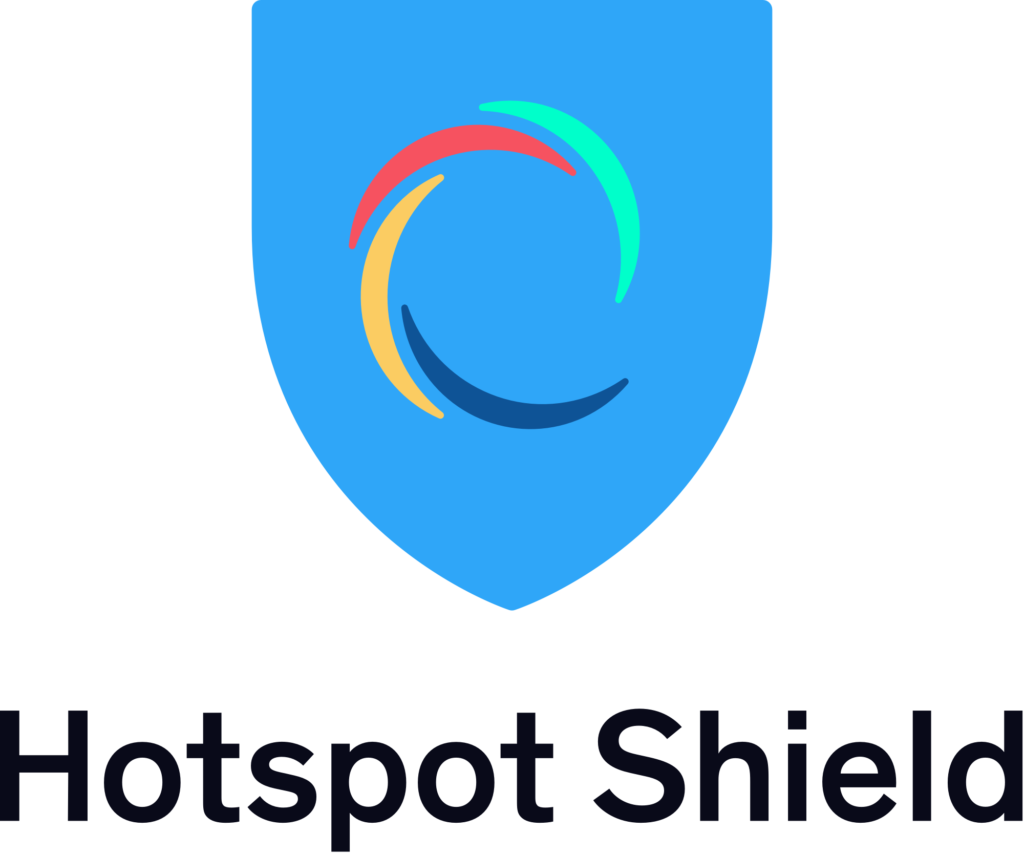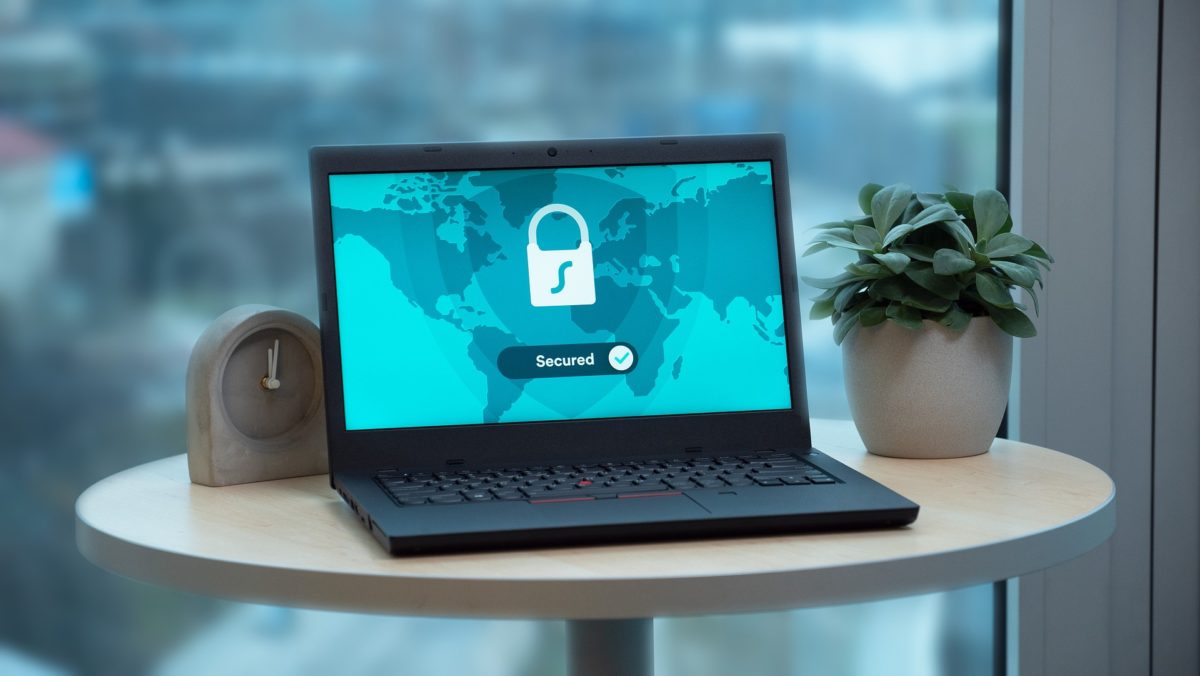A Virtual Private Network (VPN) is one of the best ways to improve your privacy and protect your most sensitive data online. The best VPNs wrap your browsing session in a layer of encryption and redirection to prevent most trackers from figuring out what you’re doing.
Privacy and security are under attack everywhere you look online. Whether it’s social media giants tracking your every move or government agents compiling databases of information, it’s harder than ever to stay safe and anonymous online.
The VPN market is crowded and growing every day. Our list below includes some of the best options, whether you prioritize speed, security, or privacy.
Rankings
1. NordVPN

NordVPN is probably the most widely known VPN service among the general public, and not just for its marketing expertise. It’s one of the most extensive VPN services out there, offering comprehensive protections and services for everything from unblocking streaming to protecting dissidents trying to access outside news.
Why we like it: NordVPN is one of the most advanced, user friendly, and featured packed VPNs. It offers one of the largest networks of servers and some of the most robust security. They recently completed a comprehensive security audit by industry giant Pricewaterhouse Cooper and passed with flying colors.
When you add features like its high-speed WireGuard protocol, advanced 2048-bit encryption, and wide range of device and streaming support, you wind up with one of the fastest, most secure, and overall best VPNs available.
Flaws: NordVPN is definitely on the high end of the pricing spectrum. They offer a vast range of features for the money, but you will pay more upfront for the service.
2. ExpressVPN

ExpressVPN is a widely used VPN service based in the British Virgin Islands. It combines some of the most advanced security and privacy features with a massive network of servers and a privacy policy with real teeth behind it.
Why we like it: ExpressVPN has one of the largest server networks out there, spanning 160 locations in 94 countries. It also offers one of the most advanced and intuitive range of apps, browser add-ons, and firmware updates for everything from routers to game consoles. You can rely on its enterprise-level encryption for viewing sensitive sites without having to sacrifice speed.
Their privacy policy is simple and straightforward, with a clear breakdown of what information they collect and an explanation of why it can’t be used to deanonymize you. They’ve got clients for everything imaginable and offer full configuration with access to an array of different VPN protocols depending on whether you prioritize fast browsing or maximum privacy.
Flaws: The limit of 5 simultaneous connections lags behind some other top-ranked VPN services. Price is also high on a month-to-month subscription, but the purchase of a longer year or two-year membership lowers it.
3. CyberGhost

CyberGhost is a speedy and robustly managed VPN service based out of the EU. It offers competitive features at a very reasonable price. It has a few privacy concerns but is a good option for those looking purely to secure their online communications or access geo-blocked services.
Why we like it: CyberGhost offers top-of-the-line protocols, encryption, and configuration options. Their interface on a range of devices is one of the best we’ve ever seen, with the task-based connection feature standing out. It lets you choose your server connection based on the activity you want to carry out, allowing you to optimize your connecting for viewing goe-blocked services like Netflix, Hulu, etc.
Its network of servers spans 90+ countries and offers quick connection speeds in most areas. When you consider that it’s priced substantially below our two top choices, CyberGhost makes a strong argument.
Flaws: There are some significant concerns about the privacy and logging practices of CyberGhost. One glaring flaw is that it takes no steps to hide the fact that you’re using a VPN. If you’re in a country that bans VPN connections, it’s a major red flag. While CyberGhost itself is based in Romania, its parent company is located in the UK, potentially exposing your data to Five Eyes access.
4. IPVanish

IPVanish is a speed-focused VPN that offers a highly configurable experience for advanced users. It has a few privacy hiccups here and there, notably an opaque logging and privacy policy, but is overall a good option for those looking to optimize their browsing and get around geo-blocking or ISP throttling restrictions.
Why we like it: IPVanish offers excellent app configuration and customization options for a VPN service. They’re available for a wide range of operating systems and stand-alone devices and even include a rare instant chat support feature right in the app. It has a respectable network spanning 70+ countries and offers an unlimited number of simultaneous connections with your subscription. Best of all, IPVanish owns and personally manages all its servers. That’s not something you see in just any VPN company.
Flaws: Those highly configurable apps we mentioned? They can be incredibly confusing for those who aren’t exactly tech-savvy. It wouldn’t be bad if they gave a basic option for those looking for a ‘push button and select country’ kind of experience.
5. Surfshark

Surfshark is a feature-packed yet value-priced VPN option. It includes most of the same functionality of other top-ranked VPN services at a price that’s honestly hard to believe. Their most affordable multi-year plan works out to barely 30% the cost of most other VPNs in the same category of service and reliability.
Why we like it: It offers unlimited device support, something we don’t see from many other top-ranked VPN services. It’s also got a full range of app, browser, and device support, allowing you to get started quickly and easily on almost any device. It receives high marks for feature support as well, with several beneficial add-ons like built-in anti-malware tools, adblockers, and several special-use modes that allow you to bypass service-provider VPN restrictions, avoid censorship tools, and even hop through multiple VPN servers to better mask your activity. Its security is the real deal, with a recent audit from German security firm Cure 53 to back up their encryption and practice claims.
Flaws: Surfshark’s server network, while adequate, noticeably lags behind some other high-end VPN services. Its apps are also significantly more basic in configuration and interface adjustment options.
6. Private Internet Access

Private Internet Access, commonly shortened to PIA, is one of the old guard of premium VPN services. It’s not quite as feature-packed or comprehensive as other VPN services, but it still offers quality performance at a reasonable price.
Why we like it: PIA is highly customizable, to the point where you can select individual details like your preferred encryption, handshaking, and authentication methods. That’s not something your everyday user will need but is a nice extra for those looking to dig deep into the configuration. It hasn’t rested on its laurels either. PIA has been making constant improvements, including expanding the number of countries they operate in and upgrading their tech through things like WireGuard protocol support and baked-in ad- and malware- blocking.
Flaws: The most apparent flaw with PIA is its base of operations, namely the USA. Whereas most of its competitors tout their independence from Five Eyes nations, it took the curious step of setting up shop directly in the heart of one. It’s not something that will bother users just looking for essential privacy and security, but it’s a major red flag for those concerned with government surveillance.
7. ProtonVPN

ProtonVPN is a relative newcomer to the VPN market from one of the most celebrated secure email and communications providers. It offers just about the only free VPN service that prioritizes privacy and security, plus provides you with a range of different subscription levels for more advanced features and greater bandwidth.
Why we like it: There are plenty of ‘free’ VPN services out there, but most of them make plenty by selling out your privacy. ProtonVPN doesn’t mess around with that nonsense. It provides a genuinely free, privacy-focused VPN for those who need security but can’t afford a subscription. Once you sign up for their paid services, you start to benefit from a range of higher-end features plus robust security and privacy protections. Given that it’s based in Switzerland and looking at its privacy and logging policy, we’re inclined to believe them too.
Flaws: There had to be some compromises for a genuinely free privacy-focused VPN, and speed is where they’re at. ProtonVPN was one of the slowest VPNs for US-based users in our testing. Considering its low price (free) and robust privacy protections, we were willing to forgive them.
8. TunnelBear

TunnelBear is a Canadian based VPN company that was one of the earliest entrants into the market. It offers a lot of value for a very reasonable price and focuses on the entry-level VPN market. It’s a good product but does suffer from some service limitations. Notably, it’s extremely hit or miss where streaming service connections are concerned.
Why we like it: Other than the best name, which it definitely has, TunnelBear offers one of the most user-friendly experiences of any VPN we reviewed. Their client app is as close to push-button as it gets, perfect for total VPN newbies of people who don’t want to worry with multiple settings and choices where their privacy is concerned. They even offer a free tier with robust privacy protection, though you can only use 500 Mb per month. Its speed was also one of the best we tested, surpassing many VPN services twice or even three times its price.
Flaws: TunnelBear’s network of servers isn’t nearly as world-spanning as other top-ranked services. It has servers in just 22 countries, with speeds noticeably degrading the farther away you get from America and Europe. McAfee also acquired it in 2018, raising questions about its legal status where US subpoenas and warrants are concerned.
9. TorGuard VPN

Despite its name, TorGuard VPN is in no way affiliated with the open-source Tor Project. It offers reasonable speeds, good encryption, and a usable if somewhat clunky client and provides a few curious extras related to streaming and censorship avoidance.
Why we like it: The base price is a little cheaper than comparable VPN services. It also offers an intriguing twist on streaming management with the option to ‘purchase’ a dedicated IP address from a specific country. Theoretically, this allows you to get around the pesky blocking systems most major streaming services now employ consistently and without issue.
Flaws: TorGuard’s pricing model can quickly raise the cost of the service above other VPN providers. It also lacks some of the features we’ve come to expect as standard from top-ranked VPN services, including multi-hop connections, split tunneling, and other privacy-focused tools.
10. HotSpot Shield VPN

HotSpot Shield VPN is a user-friendly VPN option that focuses on speed and ease of use. It has an intuitive interface that allows you to hit the ground running and prioritizes download/upload speed across their network. Speaking of networks, HotSpot Shield’s rocks, offering more than 130 server locations across 80+ countries.
Why we like it: HotSpot Shield’s proprietary Catapult Hydra protocol offers some of the highest download speeds we’ve seen from any VPN. Even better, they’re consistent speeds too, without the rapid swings in speed and performance common to other VPNs. It’s also one of the more affordable VPN options out there, coming in right in line with the other value-priced top-ranked VPN providers.
Flaws: Speed comes at a cost. For HotSpot Shield, that cost was some privacy and configuration options. They don’t offer as wide a range of cryptocurrency payment options, though they have added Bitcoin support.
Who should get a VPN?
We honestly think everyone could benefit from a VPN these days, but the groups below will see the most direct gains.
People who want to improve their online privacy – The most basic and arguably most successful role a VPN can fulfill is to get back some of your privacy online. Every action taken online is tracked by someone these days. A VPN helps to obscure your movements from marketers and others looking to build a profile of your activities by hiding your IP address and blocking tracking cookies (1).
People looking to avoid censorship – One of the essential things a VPN can do is help those living under censorship access banned information. The Great Firewall of China is the highest-profile example, but many other countries also impose restrictions on what their cities can do, say, and read online (2).
The best VPNs allow you to bypass those restrictions and expand your worldview, or just play some sweet online games.
People looking to stream geo-blocked content – There are few things more infuriating than trying to watch your favorite show and finding out it’s no longer available in your location. A VPN can help you get around this by spoofing the content provider into thinking you’re coming from a country where it’s still available.
Remote workers and those who use public WiFi – The security offered by VPNs is perfect for those who frequently find themselves using public WiFi for sensitive tasks. Frequent flyers, or those who enjoy working in coffee shops, can rest easy knowing their data is encrypted and secured from opportunistic hackers (3).
Students and office workers looking to bypass content blockers – VPNs excel at granting students, teachers, and employees access to content their employer or administrators want to block. This most commonly shows up as social media or entertainment sites that most employers don’t like you browsing on company time.
Torrenting – While we don’t advocate you enter the legal gray area that torrenting represents, we recognize that many people still do it. A VPN can help hide your activity from your internet service provider and prevent you from getting dropped as a customer and losing internet access.
How we ranked
We used six key metrics to create our list. These were speed & stability, security & configurability, server availability, streaming compatibility, logging & privacy policies, price & payment options.
Speed and stability – Speed and the stability of your connection determine how usable a VPN is. Even the very best VPNs will slow your speed down somewhat, but it shouldn’t be to the point where it affects your browsing experience.
Security and configurability – Security is critical for a VPN, as the whole point is to protect and obscure your data. We looked at both the VPN protocol used to transfer your data and the level of encryption provided.
Configurability is another feature that we prized. Some users love it; some will never use it. It comes down to your level of technical skill and how deep you want to get into the nitty-gritty of things.
Server availability – The best VPNs offer thousands of servers across dozens of countries. More is always better, as more servers give you greater bandwidth and generally faster speeds.
Streaming compatibility – One of the most common reasons to use a VPN is to access geo-locked content on various streaming platforms. It’s a constant arms race between the VPNs and the streaming providers to block, then unblock, access, but most of the top-ranked VPNs can help you access the most popular streaming services across multiple countries.
Logging and privacy policies – Privacy is a big deal with VPNs, and users should demand it be respected. We looked into the privacy policies of every VPN we ranked to see what data they log, what they do with the logged data (if it exists), and how long they kept it.
Price and payment options – Most of the top VPNs are pretty close in price, but there are a few outliers with unique use-cases. We looked for VPNs that offered good value for your money while still offering exemplary service.
We also looked at just how you can pay. For the dedicated privacy-focused users,, cryptocurrency support and other anonymous payment options are a significant value add.
FAQ
Q: How do VPNs work?
A: A VPN creates a secure, private connection between your computer and the sites you want to browse. It does this forwarding all your traffic to the VPN network, then sending it forward to the actual site you want to visit under a new IP address. You end up with anonymity and much greater security than you would by browsing openly (4).
Q: Are VPNs legal?
A: It depends on where you’re located. In the US and most Western countries, VPNs are 100% legal. If you’re located in a more authoritarian country with strict internet censorship laws, it’s much more of a gray area. Some states, China being most notable, have completely outlawed them (5).
Q: Why should I use a VPN?
A: VPNs offer a way to protect your privacy and take back control of your online data. They prevent marketers, ISPs, governments, and other bad actors from tracking your movement online and building a profile based on your activity. They can also help you access geo-blocked streaming content or get around local internet censorship (6).
Q: What VPN is best for streaming?
A: Unblocking geo-blocked streaming content is one of the most common reasons to use a VPN. Not all VPNs can pull it off, though. Streaming providers are getting better and better at identifying and blocking VPN IPs.
Our pick for the best VPN for streaming is ExpressVPN.
Q: What VPNs are available in China?
A: VPNs based outside the People’s Republic of China are currently illegal. That being said, if you still want to protect your browsing while visiting, several of the top-ranked VPN services on our list will work.
Our top pick for a VPN for use in China, also our overall pick, is NordVPN.
Recap
A VPN can protect your privacy and open up whole new areas of the internet for your use. The best VPNs allow you to stream content from all over the world, view banned websites in your country, and keep marketing cookies and trackers from watching your every move.
For Hastings #1 VPN recommendation, click here.






